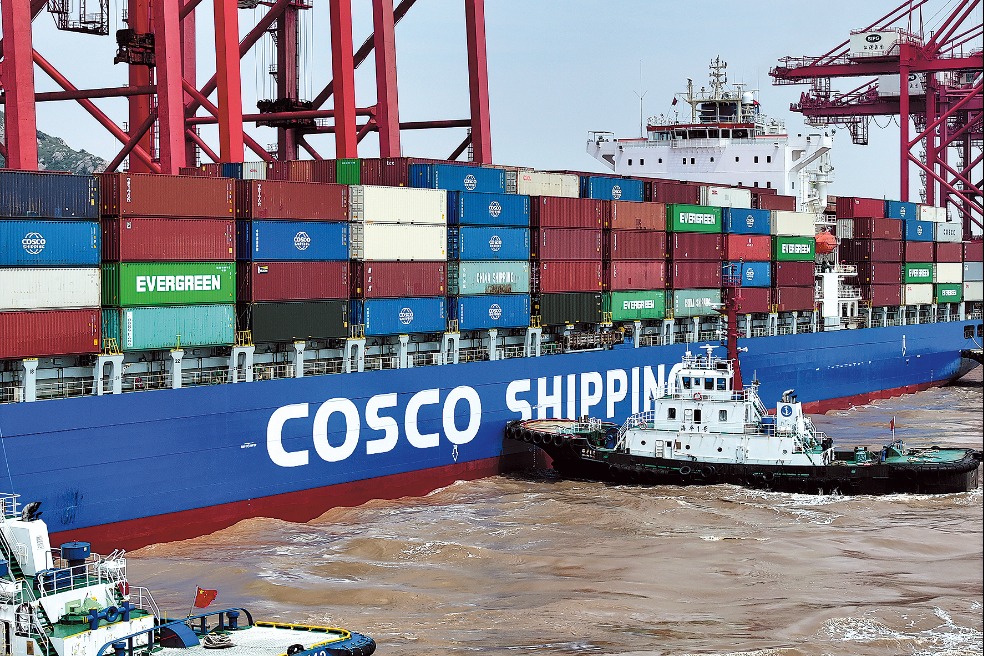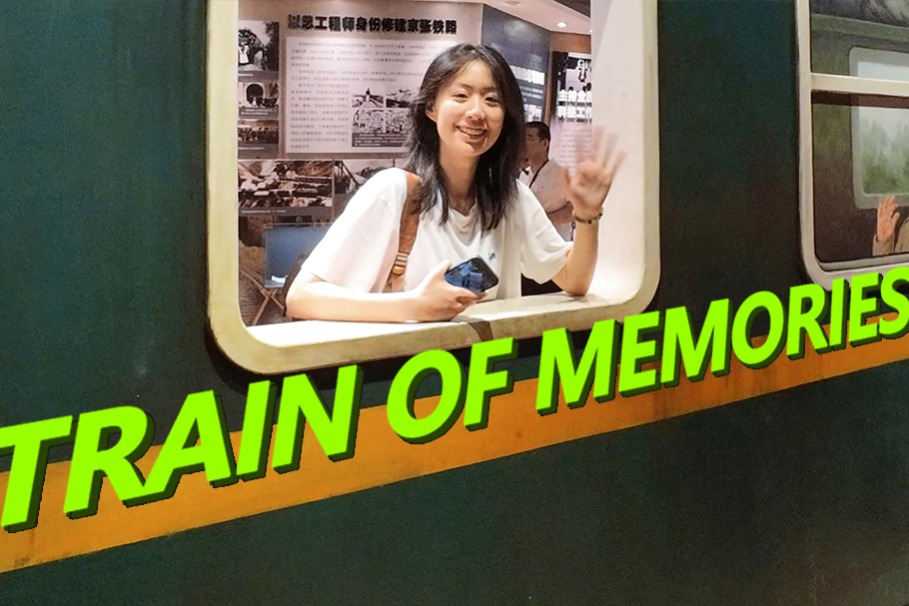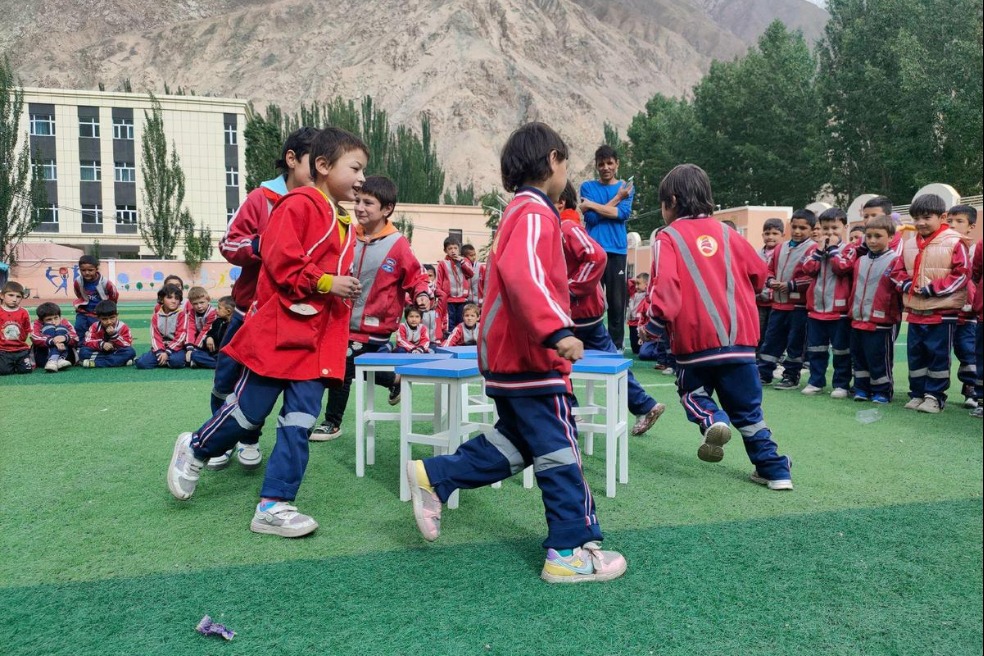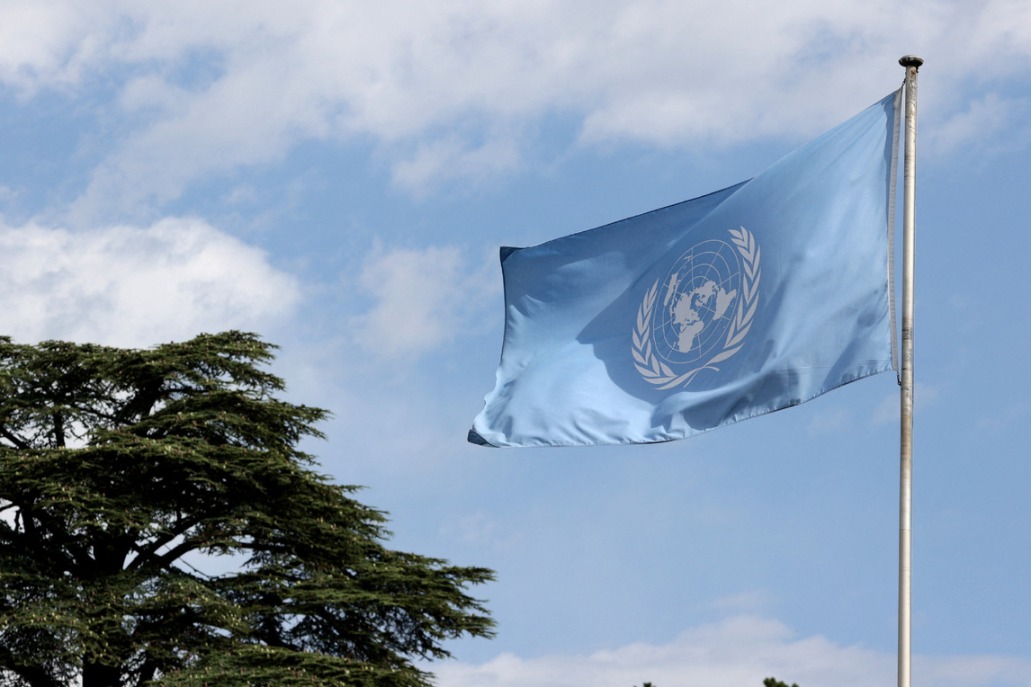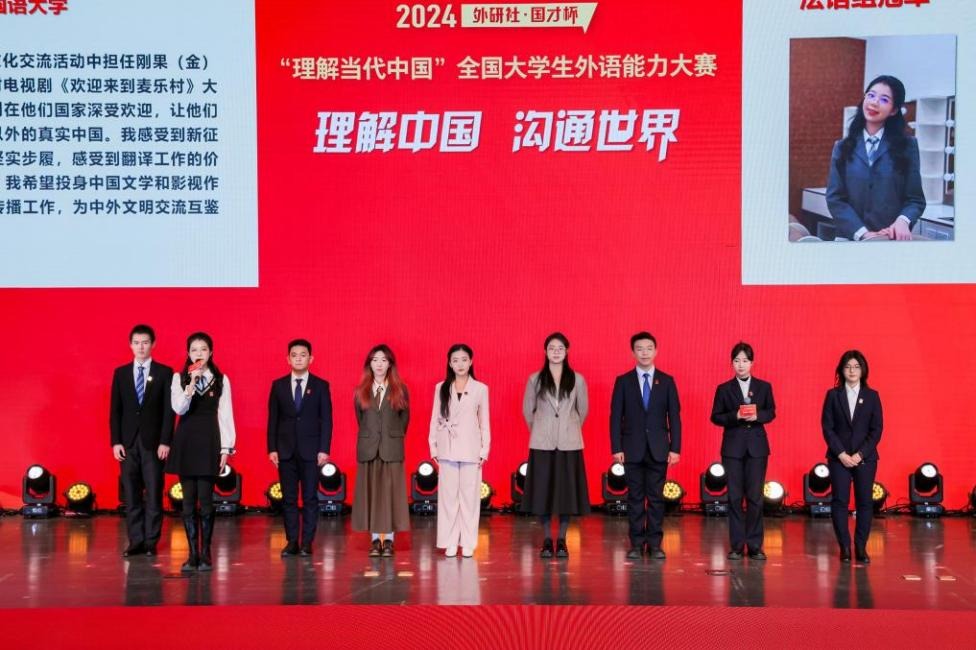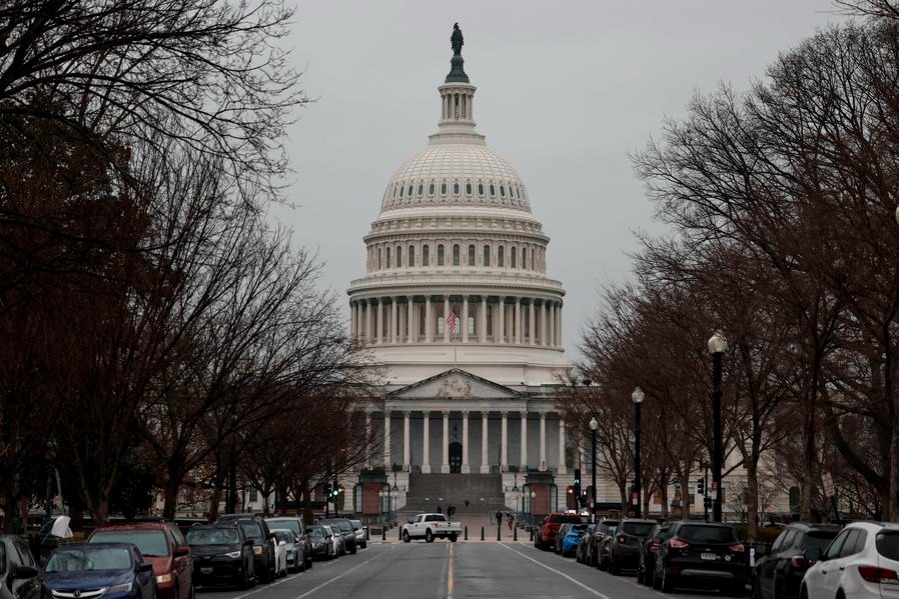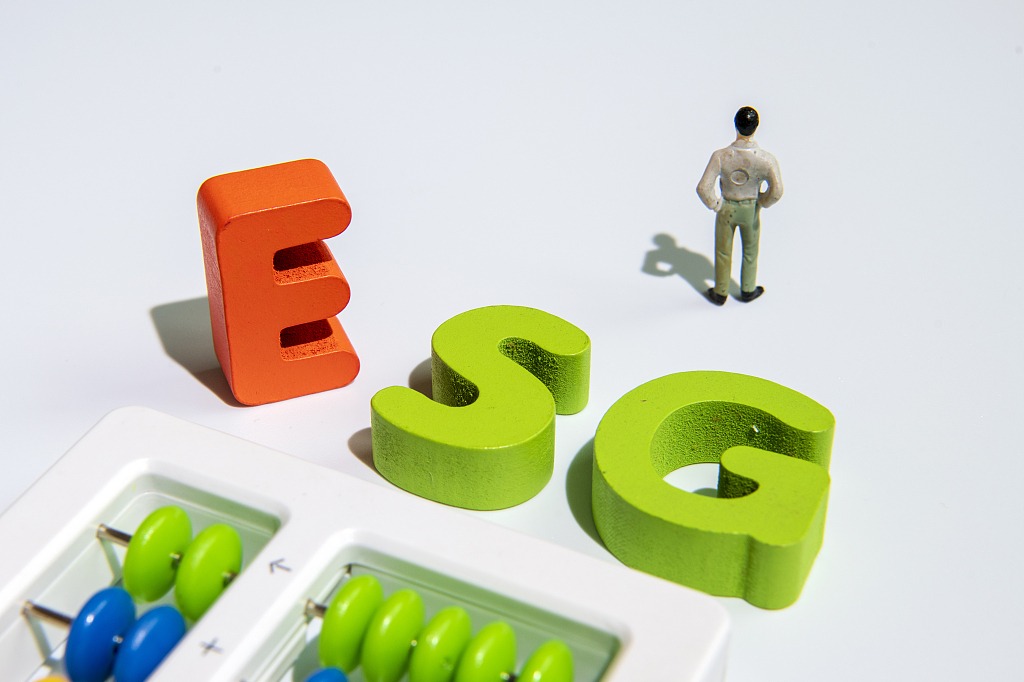China-Russia High-Level Think Tank Forum held in Beijing

The China-Russia High-Level Think Tank Forum was held on May 30 in Beijing, under the theme "China and Russia: Cooperation in a New Era". This year's forum also held special historical significance as it commemorated the 80th anniversary of the victory in the World Anti-Fascist War and the founding of the United Nations.
Against this backdrop, over 100 participants from government, academia, think tanks, and business communities of both countries gathered to exchange views on global governance, strategic cooperation, and dialogue between civilizations.
Gao Xiang, president of the Chinese Academy of Social Sciences (CASS), emphasized the historic contributions of China and the Soviet Union — major theaters of war in Asia and Europe during World War II — in securing the global victory against fascism. He called for continued joint efforts by the two countries to uphold the authority of the United Nations, promote a multipolar and democratic international order, and strengthen people-to-people ties through the Global Civilization Initiative.
Igor Ivanov, president of the Russian International Affairs Council (RIAC) and former Russian foreign minister, stressed that the lessons of World War II are more relevant than ever, given today's complex security challenges. He highlighted the significance of the recent Joint Statement on Global Strategic Stability issued by the two countries, noting that this document lays a foundation not only for deepened bilateral cooperation but also for broader dialogue among nuclear powers.
Chinese Ambassador to Russia Zhang Hanhui emphasized the two countries' shared commitment to defending the post-war international order and advancing a more inclusive and genuine multilateralism. As permanent members of the UN Security Council, China and Russia bear special responsibilities, he noted, and their partnership is vital in steering the global order toward fairness, equity, and cooperation.
Russian Ambassador to China Igor Morgulov reflected on the enduring brotherhood forged through shared sacrifice during the war against fascism, calling it the cornerstone of today's strong bilateral ties. He highlighted the resilience of economic cooperation, with China remaining Russia's top trading partner for 15 consecutive years.
Russian Deputy Foreign Minister Andrey Rudenko noted that the center of global activity is increasingly shifting toward Eurasia, particularly the Asia-Pacific. He emphasized that the mutual support of Moscow and Beijing in opposing unilateral attempts to revise the post-war order is particularly significant. He added that Russia-China cooperation serves as a key factor for global stability and security in the Asia-Pacific.
Sun Zhuangzhi, director of the Institute of Russian, Eastern European and Central Asian Studies at CASS, said, "The post–World War II international order emphasizes national sovereignty, non-interference, and the right of countries to choose their own development paths. Yet developing nations have often lacked the recognition and respect they deserve, remaining in a disadvantaged position." He added that unilateralism by some developed countries has gradually sidelined institutions such as the WTO, while the authority of the UN is increasingly challenged. As major-power rivalries escalate, the global governance system faces growing difficulties in both legitimacy and effectiveness, with widening gaps in development and governance.
The forum centered on three key themes: "Jointly Safeguarding Genuine Multilateralism and Promoting World Multipolarity", "Practical Cooperation and Common Development", and "People-to-People Exchange and Civilizational Dialogue".
Jointly hosted by the Chinese Academy of Social Sciences and the Russian International Affairs Council, and organized by the Institute of Russian, Eastern European and Central Asian Studies and the China-Russia High-Level Cooperation Think Tank, the forum has been held annually since 2018. Over the years, it has developed into a leading platform for high-level intellectual exchange between China and Russia, offering strategic insight and policy recommendations that contribute to shaping the bilateral agenda.


















